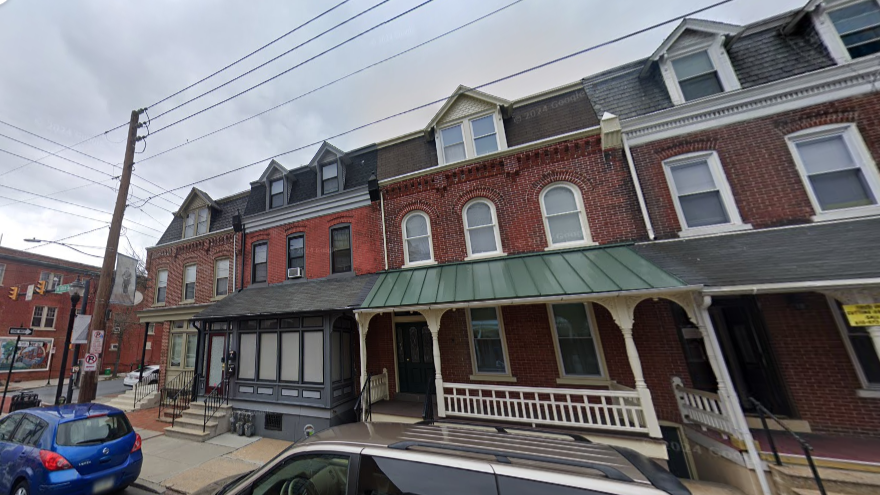ALLENTOWN, Pa. — Two consultants are embarking on a mission to document more than 2,000 historic properties throughout Allentown.
That effort will help preserve historic districts by giving officials “a better understanding” of the city’s assets, according to Amy Baade, a project architect with LGA Partners.
“We’re just observing what’s there."Amy Baade, project architect for LGA Partners
The survey — which Baade called “one big inventory” of historic properties in Allentown — also could “open up opportunities” for more historic-preservation funding, she said.
As a member of the Certified Local Government program, Allentown is required to regularly update its historic-property inventory, but it’s been decades since the last comprehensive analysis, Baade told dozens who gathered at Allentown City Hall.
She and a colleague surveyed more than 200 historic Allentown properties Monday, taking photos of each and filling out information about their architecture, building materials and more.
‘A good benchmark’
That work will create “a good benchmark” for city officials to be able to review all 2,300 or so historic properties, she said.
Baade emphasized that the survey is not meant to collect information about potential violations or enforce city codes.
“We’re just observing what’s there,” she said after Monday’s meeting. She jokingly said she’s “still defrosting” from the first day of outdoor surveying.
Their plan to finish collecting data by the end of the week could be delayed slightly by bitter winds.
City planner Brandon Jones on Monday gave a quick rundown of the city’s approval process for maintenance and construction on historic properties.
He implored residents to apply for a certificate of appropriateness before starting any work, a critical step many miss.
Allentown’s Historical Architectural Review Board can force residents to stop and rip up completed work if they don’t have a certificate that shows their plans are in line with city regulations.


